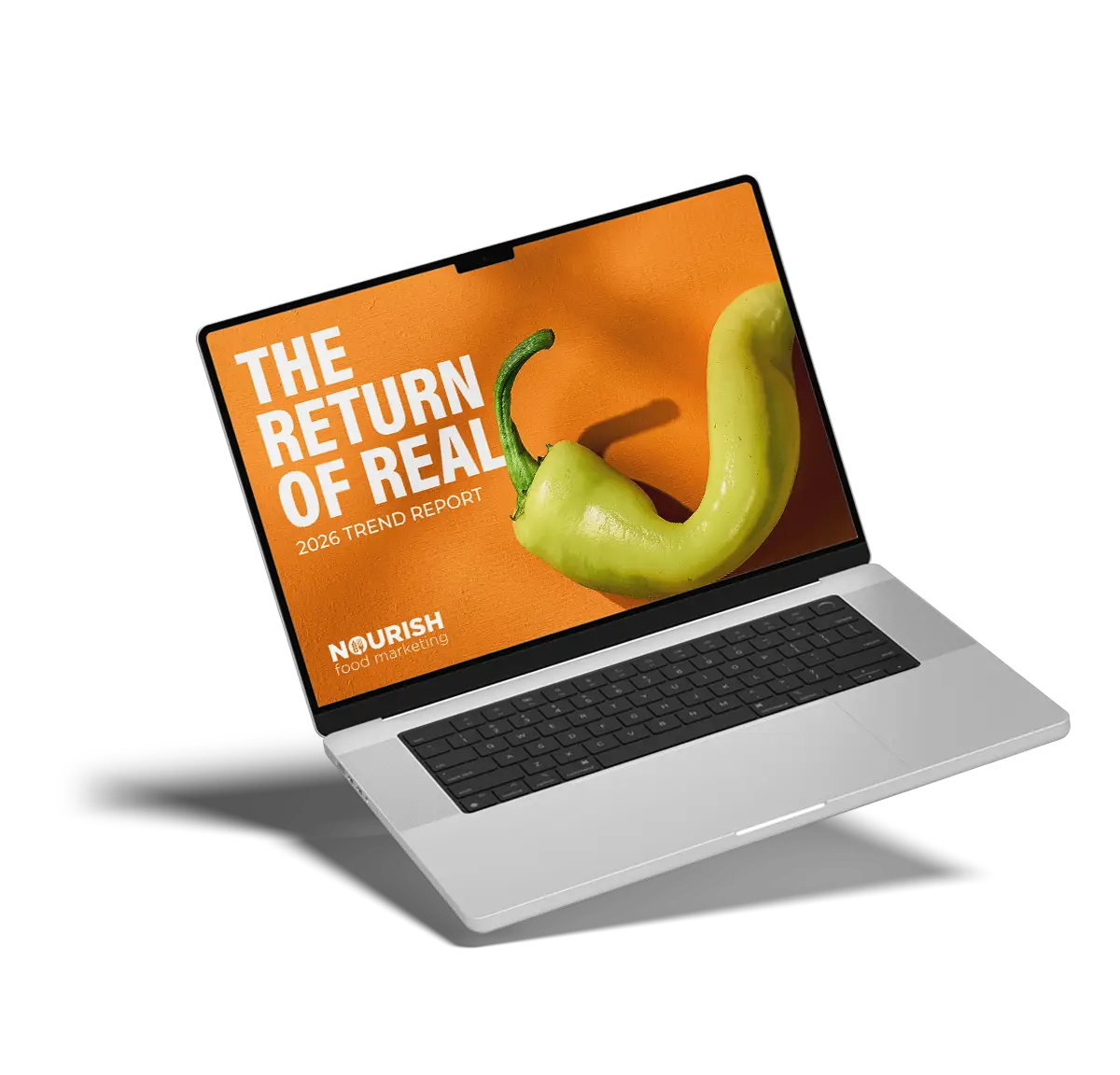by Jo-Ann McArthur
For a brief moment, we were giddy with refound freedoms, and it felt like things were back to normal(ish). We had the willing arms and finally more than enough first and second doses — even if the rest of the world didn't recognize those AZ shots! And then we heard "Delta" and "Fourth Wave." Suddenly, events that were supposed to be in-person come fall are now pivoting back to virtual.
I've been speaking a lot lately on some of the lasting changes resulting from COVID, and one of those may be the acceptance of some extra pounds to balance our mental health with our physical health. So it was interesting to see Weight Watchers’ recent quarterly results.
Since the world was starting to open up and life was getting more social, you may have expected their subscriber numbers to go up as people felt the pressure to look their best and shed some of that extra poundage from the past year-plus. But you would be wrong. WW's shares tanked, down 26%, after announcing their recent quarterly results with fewer subscribers than a year ago and none of the predicted momentum the street predicted.
Perhaps it's a good buy, as some pundits suggest, or maybe consumers are now defining health differently and, as a result, are more accepting of those extra pounds. The Agri-food Analytics Lab at Dalhousie University found 42.3% of Canadians said they had gained weight unintentionally during the pandemic; the "COVID 15" or "quarantine fifteen" is real. Working from home where we’ve been stockpiling food while being less physically active has contributed to that. Additionally, we looked to food in general as a form of entertainment and comfort food to make us feel more secure. We continued our pre-COVID snacking behaviour while adding those traditional three square meals a day, resulting in more calories going in and fewer calories being burned up.
What’s Next For Health & Wellness Marketing?
Now the question is: as people start to return to the office, will they want to fit back into their tight pants, or will the physical workplace fashion become more comfortable and casual?
As food has become more about pleasure and well-being and less about body image, the definition of health has evolved to include mental health. The link between food and mood/mental health has been firmly established during the pandemic, so expect even more acceptance of those extra pounds and a possible end to diet culture.
Instead, "diets" may evolve to be more about optimizing performance, both physically and mentally. Either way, it's going to be a tightrope for marketers to walk to ensure their messages are "on culture." How’s your sense of balance feeling?
